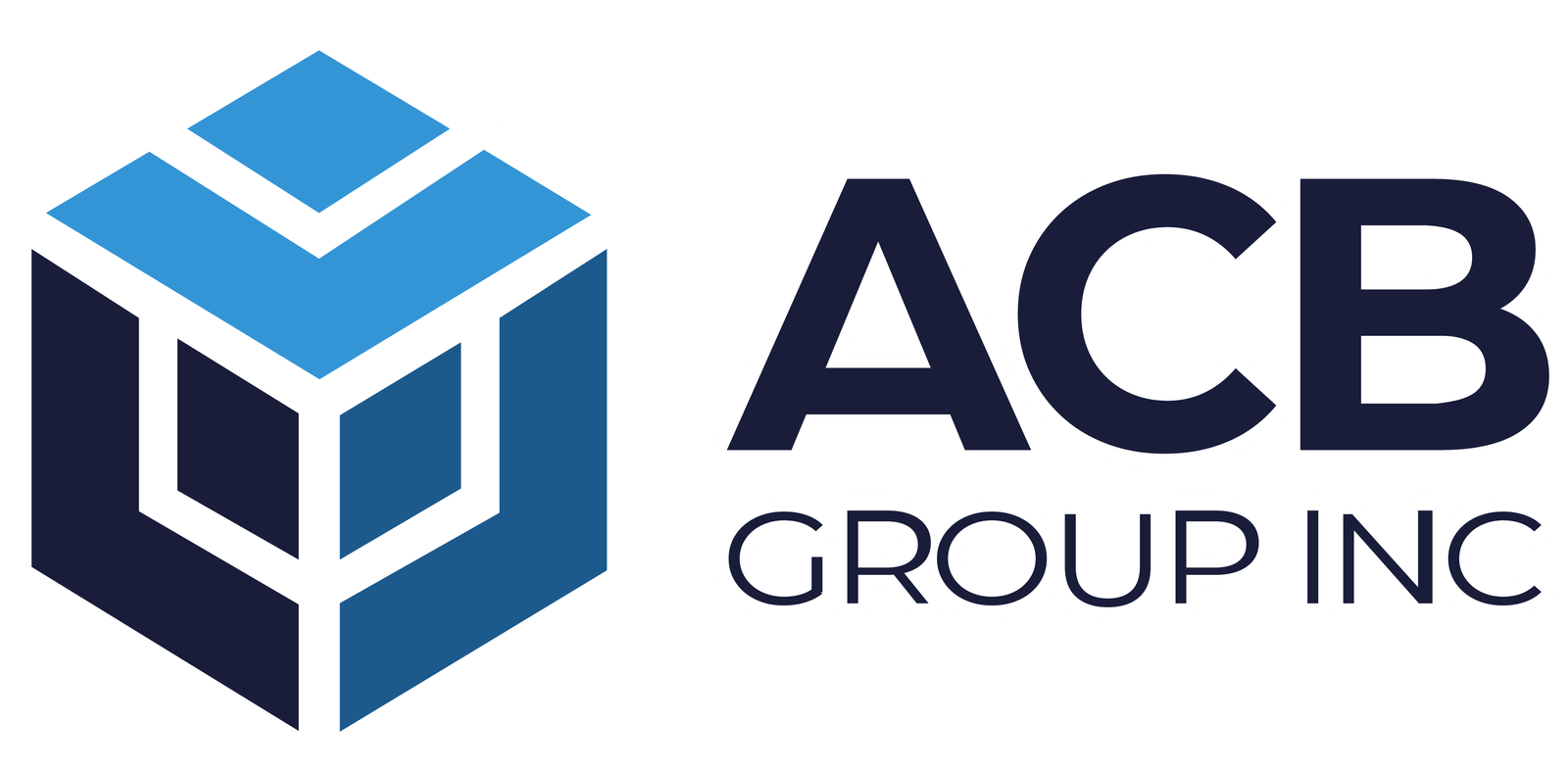Essential Project Management Tools for Commercial Construction Success
Managing a commercial construction project can feel like navigating a complex maze. Every day, project managers juggle countless moving parts: coordinating diverse teams, adhering to tight schedules, managing budgets, and ensuring every detail complies with stringent regulations. Without the right tools, even the most experienced professionals can find themselves overwhelmed by miscommunications, delays, and unforeseen costs. In this article, we dive into how the right project management tools can transform your workflow, streamline operations, and ultimately lead to successful project outcomes.

The Challenge of Commercial Construction
Commercial construction projects are notorious for their complexity. Imagine trying to coordinate an orchestra without a conductor each contractor, architect, and supplier might be highly skilled, but without a unified system to guide them, the result can be chaos. Projects that seem to have everything under control can suddenly face scheduling conflicts, budget overruns, or compliance issues that jeopardize the entire endeavor.
When problems like these arise, they not only delay the project but also create a ripple effect that can damage client trust and strain business relationships. It’s in these high-pressure environments that every minute counts and every misstep can lead to significant financial and reputational losses.
The Cost of Inefficient Processes
Consider the impact of miscommunication on a construction site. A subcontractor working from an outdated blueprint can lead to errors that must be corrected at great expense. Similarly, when budget tracking isn’t precise, even a small error can snowball into a major financial issue. These are not just operational hiccups; they are serious challenges that can derail even the best-planned projects.
This is where the frustration deepens. Without the proper project management tools, you may find yourself constantly putting out fires rather than focusing on strategic growth. It’s a situation that many construction professionals know all too well being bogged down by inefficiencies that hinder progress and inflate costs.

The Role of Project Management Tools
Commercial construction projects are notorious for their complexity. Imagine trying to coordinate an orchestra without a conductor each contractor, architect, and supplier might be highly skilled, but without a unified system to guide them, the result can be chaos. Projects that seem to have everything under control can suddenly face scheduling conflicts, budget overruns, or compliance issues that jeopardize the entire endeavor.
When problems like these arise, they not only delay the project but also create a ripple effect that can damage client trust and strain business relationships. It’s in these high-pressure environments that every minute counts and every misstep can lead to significant financial and reputational losses.
Real-World Success Stories

To illustrate the impact of these tools, consider a few real-world examples. In one major project, a construction firm was facing significant delays due to miscommunication between on-site teams and office-based managers. By implementing a comprehensive project management solution, they were able to centralize all communications and documents. This not only eliminated errors but also reduced the project timeline by several weeks. The result was a significant boost in client satisfaction and a healthier bottom line.
Another success story comes from a large commercial project where budget overruns were a constant concern. With traditional methods, tracking expenses and comparing them against the budget was a manual, error-prone process. However, after switching to an integrated system that offered real-time financial tracking and automated alerts, the project team was able to identify cost overruns early and take corrective action. This proactive approach saved the project thousands of dollars and ensured that the final delivery was both on time and within budget.
Choosing the Right Tool for Your Project
The market today is filled with various project management solutions, each boasting unique features. The key is to find a tool that aligns with your specific needs. Look for software that offers a balance between functionality and ease of use. The ideal tool should provide comprehensive scheduling, document management, and real-time communication without overwhelming your team with complexity.
For instance, platforms like Procore offer an all-in-one solution that integrates budgeting, scheduling, and document management in a cloud-based environment. This means your team can access vital information from anywhere, whether they’re on-site or in the office.

Similarly, Buildertrend is designed to simplify the coordination of tasks and deadlines while maintaining a strong focus on client communication. Tools like PlanGrid provide digital blueprint management, ensuring everyone is working from the most up-to-date plans, which is critical when even minor discrepancies can lead to major issues on the field.
When evaluating these tools, consider factors such as user-friendliness, integration capabilities with your existing systems, and the level of customer support provided. Often, the success of a project management tool depends as much on how well your team adapts to it as on the tool’s inherent features. Investing time in training and establishing standardized workflows will maximize the benefits and ensure your team can work seamlessly.
Beyond Software: Embracing Additional Technologies

While robust project management software is essential, it’s also important to consider supplementary technologies that can further enhance your project’s efficiency. Innovations like drones are increasingly being used for site inspections, providing high-resolution aerial imagery that helps track progress and spot potential issues before they become costly problems. Wearable technology is another exciting development, allowing you to monitor worker safety and productivity in real-time, thus ensuring that everyone is operating at their best.
Augmented reality (AR) and virtual reality (VR) tools are also making their way into construction project management. These technologies enable you to visualize projects before breaking ground, offering a clear picture of the end result and allowing for adjustments in the planning phase. By integrating these cutting-edge solutions, you can reduce surprises during construction and ensure that every element of your project aligns with the initial vision.
Strategies for Effective Implementation
Successfully implementing project management tools takes more than just choosing the right tech. Here are some key strategies to ensure success:
Choose tools that match your project’s scope:
Make sure the tools align with the size, scale, and complexity of your commercial construction project.Provide thorough team training:
Proper training ensures that everyone knows how to use the tools efficiently, reducing mistakes and improving overall productivity.Standardize workflows:
Clear, consistent processes help team members understand their roles and how each step fits into the bigger picture, improving collaboration and execution.Integrate with your current systems:
Seamless integration helps the new tools complement your operations instead of disrupting them, adding value from day one.Continuously assess performance:
Regular evaluations help identify what’s working and what needs improvement. Collect feedback from your team and fine-tune processes as needed.Promote a culture of continuous improvement:
Encouraging learning and adaptability keeps your projects efficient, competitive, and future-focused.
The Future of Construction Management
As the construction industry evolves, so too will the technologies that support it. The future holds exciting possibilities, from AI-driven insights that predict project risks to enhanced connectivity solutions that bring together every aspect of construction management in one seamless system. Embracing these innovations today will prepare you for the challenges of tomorrow, ensuring that your projects are not only completed successfully but also set new standards for efficiency and quality.
Staying informed about the latest trends and best practices in project management is crucial. If you want to learn more about how modern technologies are revolutionizing commercial construction, check out our other articles such as 2025 Trends in Commercial Space Design and Functionality and How to Improve Sustainability in Commercial Construction.

Conclusion
Managing a commercial construction project is a complex endeavor, but the right project management tools can transform your process. By investing in modern technology that improves communication, enhances efficiency, and keeps your projects on track, you can overcome common challenges and deliver exceptional results. Whether you’re working on a large-scale development or a custom commercial project, these tools provide the structure and insight needed to drive success.
Don’t let inefficiencies and outdated processes hold you back. Embrace the power of technology, invest in the right tools, and set your projects on a path to success. Your construction projects deserve nothing less than excellence, and with the right tools, that excellence is within reach.
Ready to transform your construction management process?
Contact us today to explore how our solutions can help you achieve perfect project success!
Request a quote from an expert here.







